Feature: An organizer's emotional triumph behind historic cross-boundary road cycling race
Source: Xinhua
Editor: huaxia
2025-11-09 23:46:15
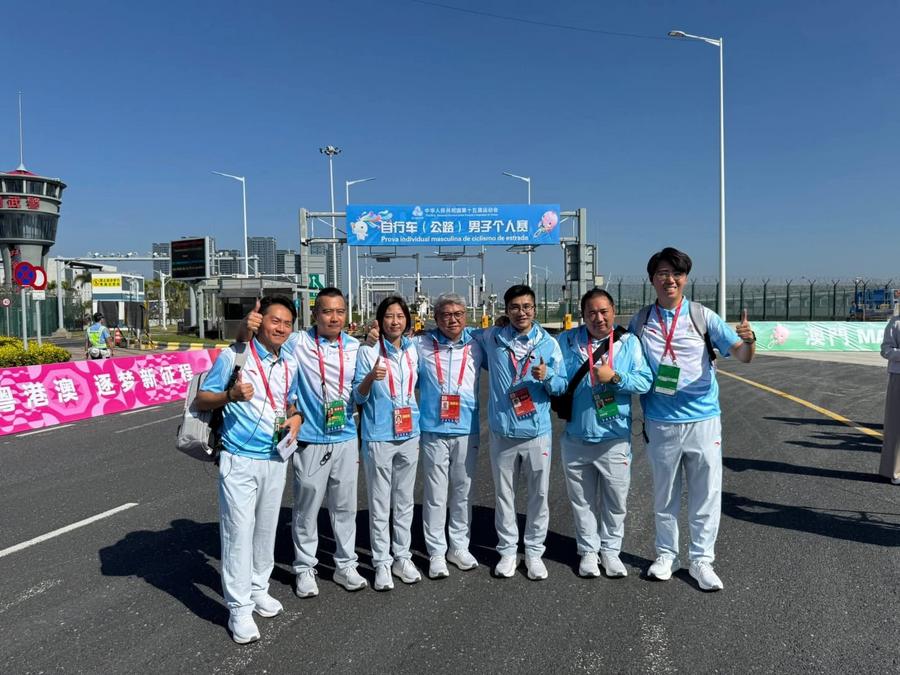
After years of coordinating across three jurisdictions for the first cross-boundary road cycling race in the history of China's National Games, Pao Hin Fong, a staff member of the Macao Sports Bureau, felt a wave of emotion as he finally watched the first cyclists cross into Macao.
by sportswriters Dong Yixing and Shen Nan
GUANGZHOU, Nov. 9 (Xinhua) -- Pao Hin Fong stood at the boundary line separating Macao from Zhuhai on Saturday morning, balancing anticipation with concern as the first cross-boundary road cycling race in the history of China's National Games prepared to send riders from the mainland into his care.
"For us as organizers, the safety of the athletes is the number one priority," Pao told Xinhua after the race. "So when I thought about that at the start, you could say I was both excited and worried."
"Excited because this event we had prepared for so long was finally starting. And I was also very worried about accidents during the race, or athletes getting injured," he added.
Pao, a staff member of the Macao Sports Bureau and the Macao competition-area liaison officer for the National Games, spent two years helping to take a preliminary concept to delivery.
The 231.8-kilometer race traversed the Hong Kong-Zhuhai-Macao Bridge six times without stopping, the only event at the Games to connect Guangdong, Hong Kong and Macao in a single competition.
The idea dates to early 2023. "Actually, from the time we first started preparing for the National Games, we were already researching with Hong Kong and Guangdong, looking at which event could connect the three places," Pao said.
Organizers considered options including a cross-boundary marathon and a sailing event before selecting road cycling. "After some comprehensive analysis, we felt that using road cycling for this cross-boundary race to connect the three places was more suitable."
"As you know, the Hong Kong-Zhuhai-Macao Bridge is the first major transport link connecting the three regions. It is a very important piece of national infrastructure for our Greater Bay Area," he noted.
That decision led to complex implementation work. "The first thought that came to our mind was that we have a customs issue," Pao recalled, citing differing immigration and customs requirements across the three regions.
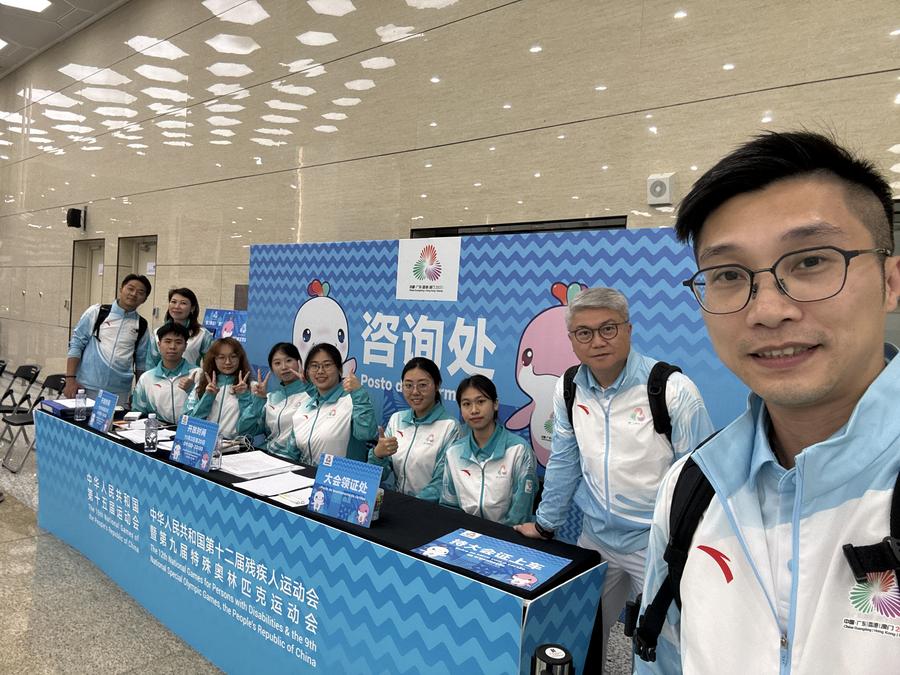
Organizers adopted a coordination and technology framework that included RFID systems and China's BeiDou Navigation Satellite System to track riders' locations and direction in real time.
"The atmosphere was actually very good," Pao said of cross-regional coordination. "We researched and discussed together. For some of the more difficult issues, we would find the core problem, then each return to our own regions to find the corresponding government departments to discuss how to solve it."
A former professional sprinter who competed at the 2010 Guangzhou Asian Games, Pao said the organizer's role provided a new perspective. "The difference is quite big. When I was an athlete, there were probably some things I didn't understand, like why the organizing committee arranged it a certain way. After changing my role, I feel there are many areas we need to balance."
Coordination spanned more than 20 specialized WeChat groups linking departments from the three regions, including border control, customs and radio communications.
"This competition has connected people from different departments across the Guangdong-Hong Kong-Macao region," Pao said. "I am very happy to see it."
When the first cyclists crossed from Zhuhai into Macao, Pao said he felt a strong sense of achievement. "I was quite moved. We finally connected Macao, the mainland and Hong Kong through a sports event. That was quite a touching moment for me."
After riders exited Macao, Pao followed the remainder of the race via a three-way radio link and live broadcast. When the final rider finished, he said relief and satisfaction set in among the core working group. "Of course we celebrated in the work group," said the 40-year-old. "After working together for so long, there's a connection between us. So when the last athlete finished, we basically congratulated each other at the same time."
Pao said the event offers a model for future cooperation. "I personally hope to see our three places host more major events in the future," he said. "It could be a tournament or some World Championships. I think a World Cup would also be possible." ■


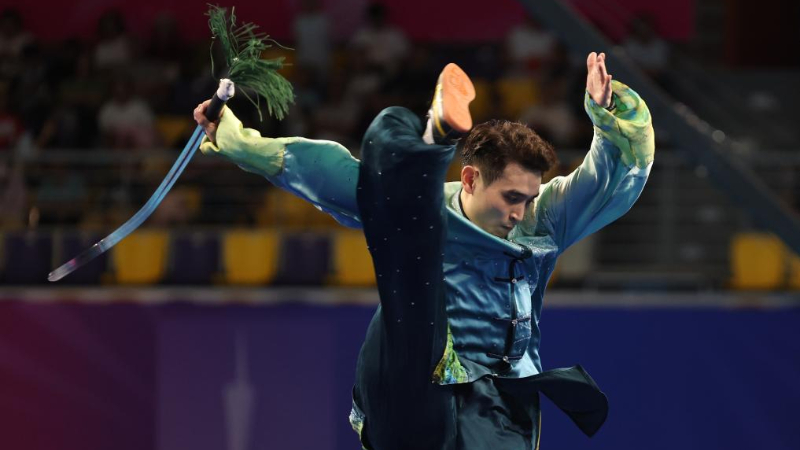
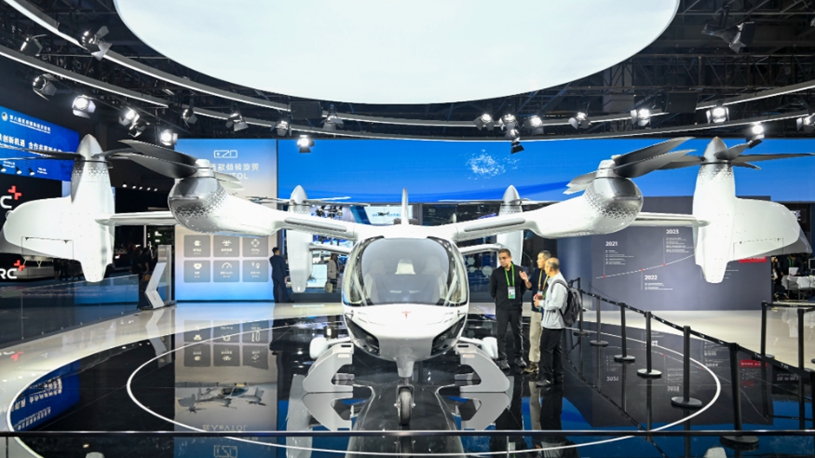

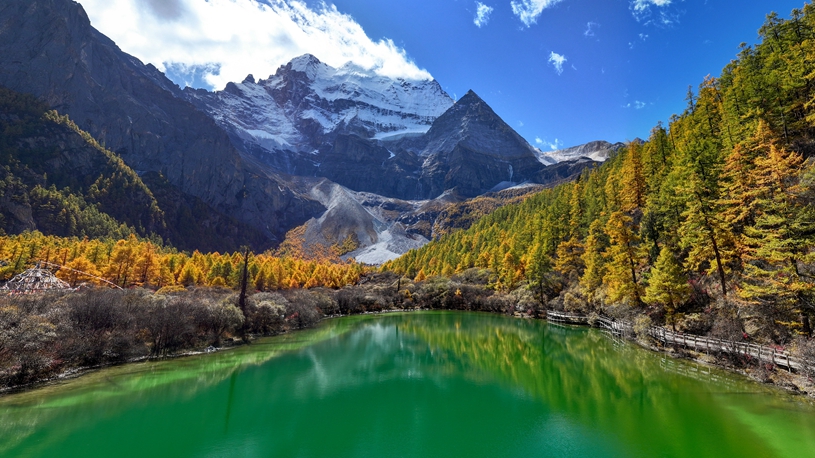
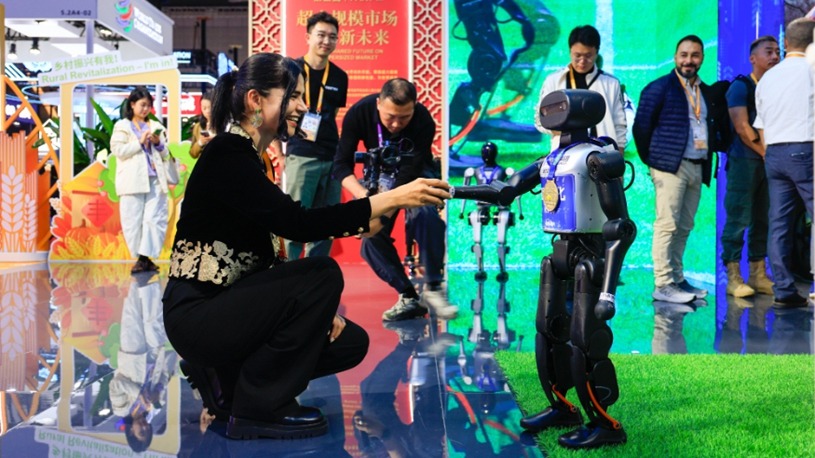
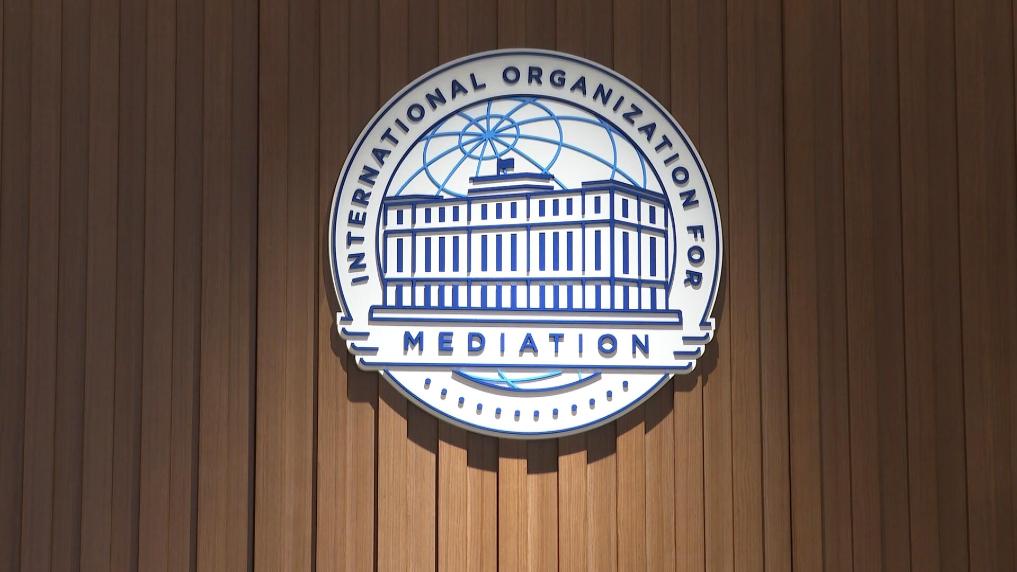
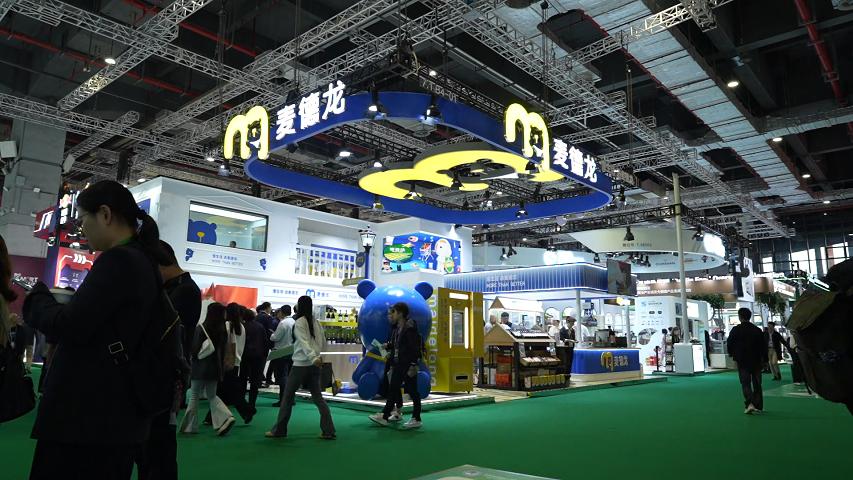



Comments